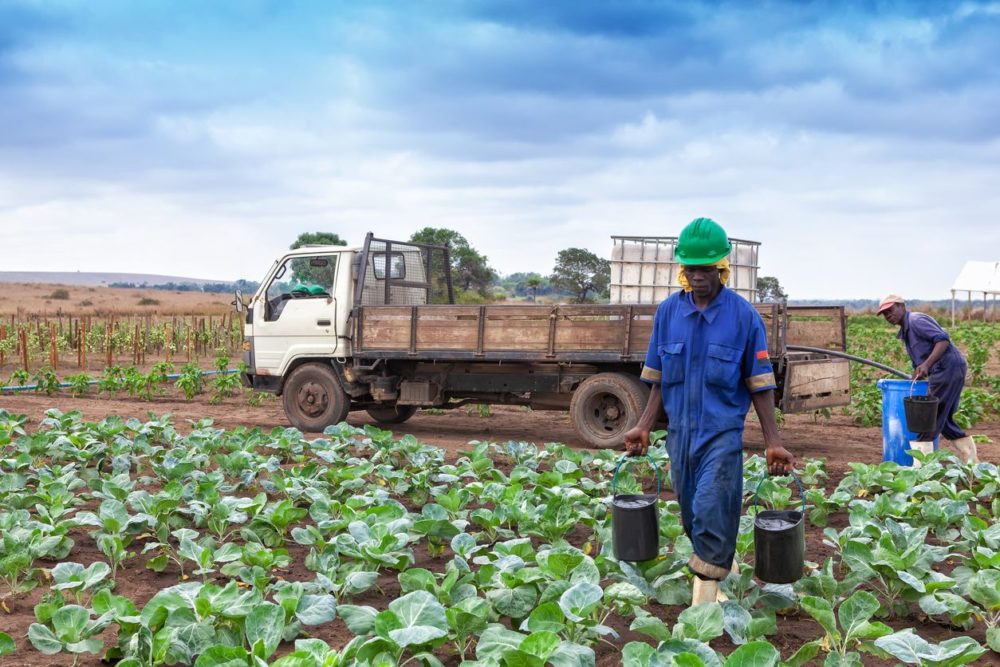
PELUM Eswatini is committed to transforming Eswatini’s agrosystems and natural ecosystems through Sustainable Agriculture, Climate Action, Biodiversity Conservation, and Natural Resource Management guided by Ecological Land Use Management (ELUM) principles. As a member-driven network of NGOs, CSOs, and CBOs, we empower small-scale farmers and marginalized communities in urban, peri-urban, and rural areas by advancing capacity building, research, advocacy, policy lobbying, and direct farmer support.
In an era of climate uncertainty, biodiversity loss, and land degradation, our mission is critical to enhancing food sovereignty, ecosystem resilience, and social equity. By integrating agro-ecology and nature-based solutions, we drive community-led innovation to build sustainable livelihoods while restoring ecological balance.
Projects Completed
Outreach Progs
Team Members
Get to hear what our parnters clients and the general are saying about Pelum's services and impact .
Read All Reviews